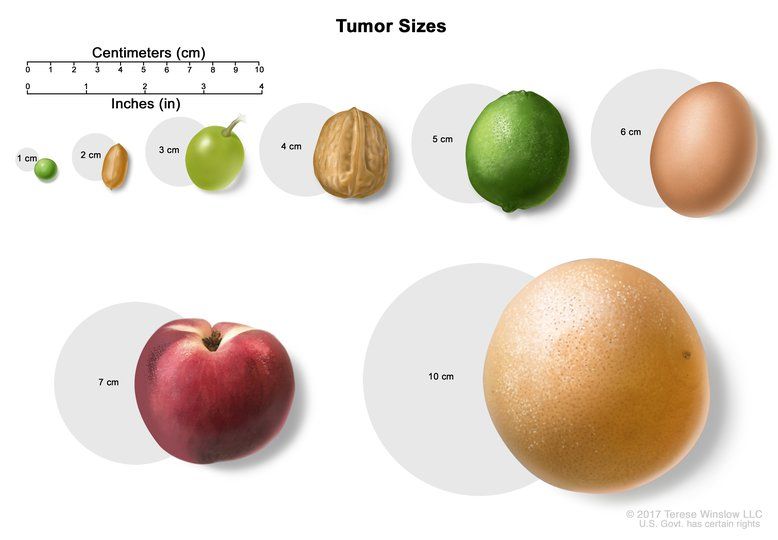Your peripheral nervous system encompasses the network of tiny, fragile motor and sensory nerves that connect the brain and spinal cord (central nervous system) to the rest of your body. These nerves control the body’s internal environment, sensation, voluntary and involuntary movement, spinal cord reflexes, and muscle and joint memory and learning.
Tumors that form in the peripheral nervous system — peripheral nerve tumors — typically form spontaneously and can occur in one small part of the nerve or encompass the entire nerve. They may be as small as a pea (1 cm) to as large as a lime (5 cm).
Although most peripheral nerve tumors are benign (not cancer) they should be monitored closely by experts in peripheral nerve tumors because they may become cancerous, or may produce symptoms such as pain, tingling, numbness, weakness, loss of function, or problems with balance or hearing.
The most common forms of peripheral nerve tumors include:
- Schwannomas are slow-growing tumors of the cranial nerve that branches out directly from the brain, and the most common benign tumor in adults. Schwannomas can form in any part of the body, but generally occur in the 8th cranial nerve that sends messages from the brain to the inner ear to manage sound and balance. Symptoms of an acoustic neuroma or vestibular schwannomas (two names for the same type of tumor) can be one-sided hearing loss and buzzing or ringing in the affected ear.
- Neurofibromas are commonly found in people with neurofibromatosis type 1 (NF1), a genetic condition which increases risk for developing nerve tumors, but can also occur in people who do not have the condition. Usually benign, neurofibromas begin within the nerve sheath, the supportive tissue around the nerve, and can occur along the tiny nerves in the skin or anywhere else in the body.
- Malignant peripheral nerve sheath tumors (MPNST) are cancerous. Although rare, people with NF1 are at greater risk for developing this kind of deep, complex sarcoma tumor that arises out of complexes of nerves and are often positioned close to the spine.
Specialized care
Roswell Park has a dedicated Neurofibromatosis Clinic that provides streamlined comprehensive care and monitoring for adults with any form of neurofibromatosis.
Neurofibromatosis careTreatment for peripheral nerve tumors and injuries
Injury to the peripheral nerves, from illness or trauma, can affect sensation, movement of the arms and legs (or any muscle group in the body), function, balance and more, impacting quality of life. If you have nerve damage or injury — even if it’s not due to cancer — contact Roswell Park and learn how we can help.
Make an appointment- Surgery to remove tumors
- Nerve grafting – taking a sensory nerve from another part of the body, or from a donor, and suturing it in to function as a bridge and enable the damaged nerve to regenerate
- Nerve transfer – using a small part of a functional nerve to connect to and salvage muscle function when a nerve is too damaged to be repaired
- Tendon transfer – using a tendon from another body and using it to mimic and restore function of a muscle
Roswell Park Comprehensive Cancer Center is the only care center in the region with the skill set to offer comprehensive treatment for peripheral nerve tumors and trauma. Our highly specialized, multidisciplinary team includes a neurosurgeon who specializes in nerve microsurgery, a plastic surgeon with expertise in hand surgery, physical therapists, and recovery specialists who work seamlessly to provide patients with the optimal care and outcomes.
